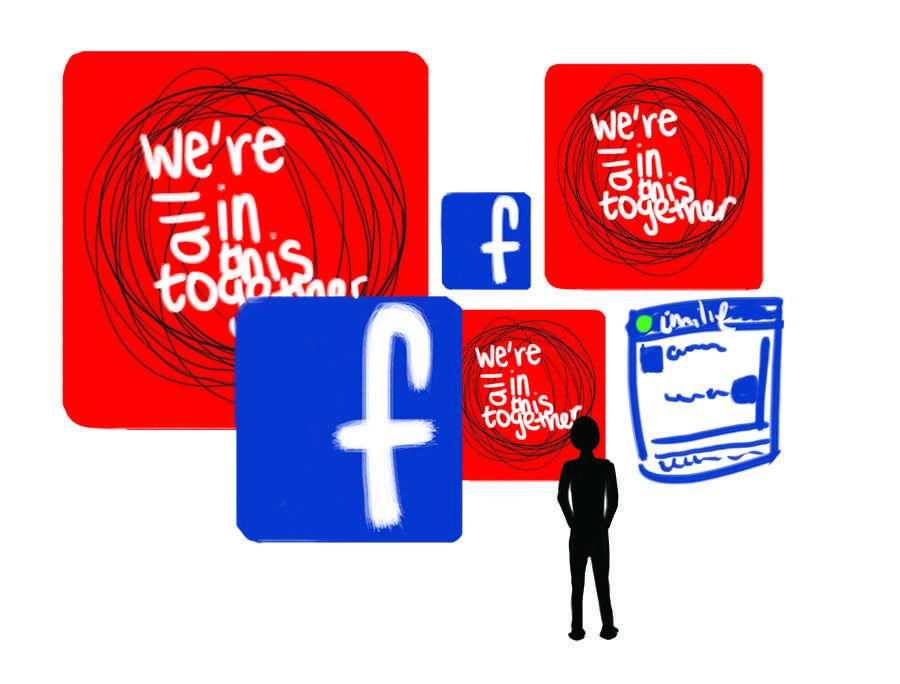
Why didn’t you change your profile picture?” A girl asked me.
I could hear the subtext behind her words: “Why don’t you care about the people who died from suicide?”
I do. A lot. I also worry that some of our inclinations cause short-term and long-term risks. While it may not always be apparent, the way a community responds to suicide has shown to impact efforts needed to prevent future suicides. Here’s what I hope we can think about:
First, as students we need to be responsible in how we react, especially on social media, to provide the safest environment for the community. According to the American Association of Suicidology, studies have found that media coverage which explicitly describes the suicide method, uses dramatic headlines or images or glamorizes a death will increase the likelihood of suicide in vulnerable individuals.
Posts and profile pictures that even inadvertently glorify suicide are dangerous. While the practice may seem to promote unity during a time of need, it often does not explain to others how you’re trying to help. Profile picture changes can also reduce the severity of suicide to a temporary issue that can be dismissed by the click of a button, when it is actually an issue of monumental importance. We also need to be careful not to turn those who died into martyrs by changing our profile pictures to images of the deceased. Posting statuses claiming that we did not know them, but they were great people suggests suicide is a viable action for those who have suicidal thoughts by implying that they will achieve notoriety through death.
Second, students can productively contribute to the health of the community in other ways. Personally reaching out to friends should be a permanent consistent habit in the community rather than one only expressed after tragedy. By making this act of caring part of our social habit, we can create a lasting positive impact. I know that I would appreciate anybody who takes the time to talk to me about his or her issues.
Third, while it is easy to point at the school district or teachers for student stress, we should not blame or villainize them.
“While some in the community are quick to blame academic stress as a causal factor, it has not been a contributing factor to recent deaths,” states superintendent Max McGee in his Feb. 3 Max Mail letter to the PAUSD community.
Even so, the district has shown intent to do its part in making the students’ environment as healthy as it can. McGee’s letter to staff on Feb. 4, listed both short- and long-term solutions to reducing stress, including lessening of homework over the five-day break; flexibility with students who need to reschedule or more time on tests; a refined approval process for Advanced Placement courses, requiring a parent-faculty meeting; mindfulness training and many more solutions.
Parents and families also have a hand in shaping our community’s attitude. Suicidal and depressing thoughts can come from sources outside the home and school, so it is incorrect and dangerous to assume that a loving family environment removes a child from any risk of depression and suicidal thoughts. Nobody should aggresively inquire for details of names, ethnicities or specificities of suicide cases. It can be insensitive to people who were very close to or the family of the deceased. However, it would greatly benefit your child to let them know that you are a resource they can talk to if they need to relieve their feelings.
While we cannot generalize the cause for every suicide, since each case is different, creating a supportive and caring environment is contributive to improving the overall emotional and mental health of students. I hope that we can change the way that we respond to suicides so we can make the most positive impact in our community. We really are in this together. v
If you or someone else you know needs help, please seek help from a professional or adult or call the National Suicide Prevention Hotline: 1 (800) 273-8255. The hotline is open to calls 24 hours 7 days a week.


